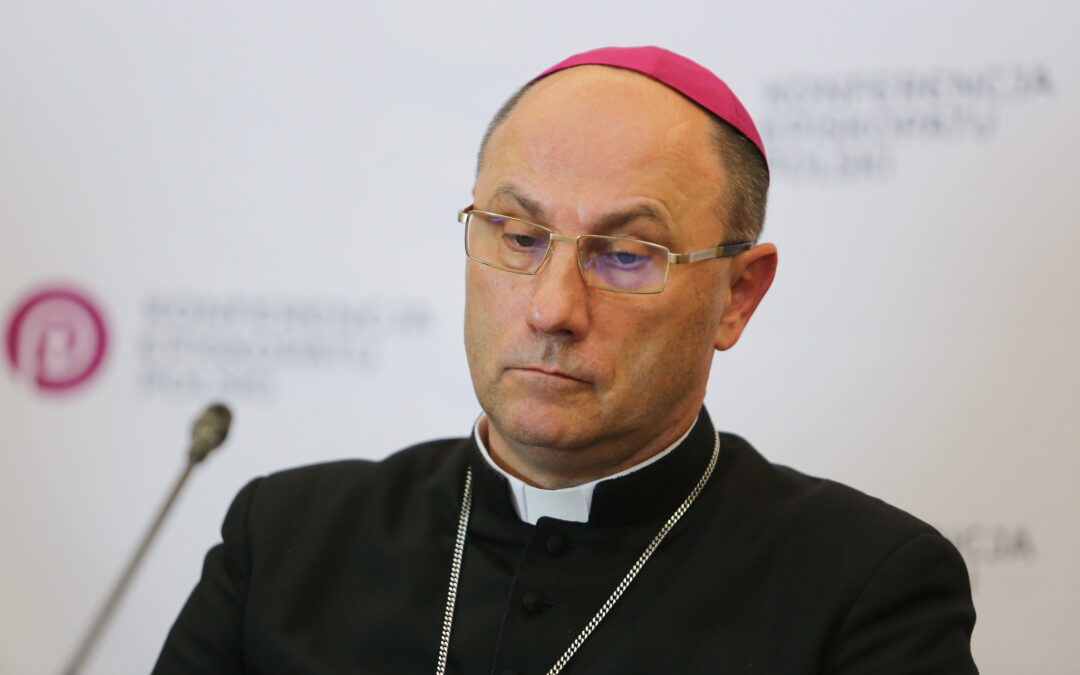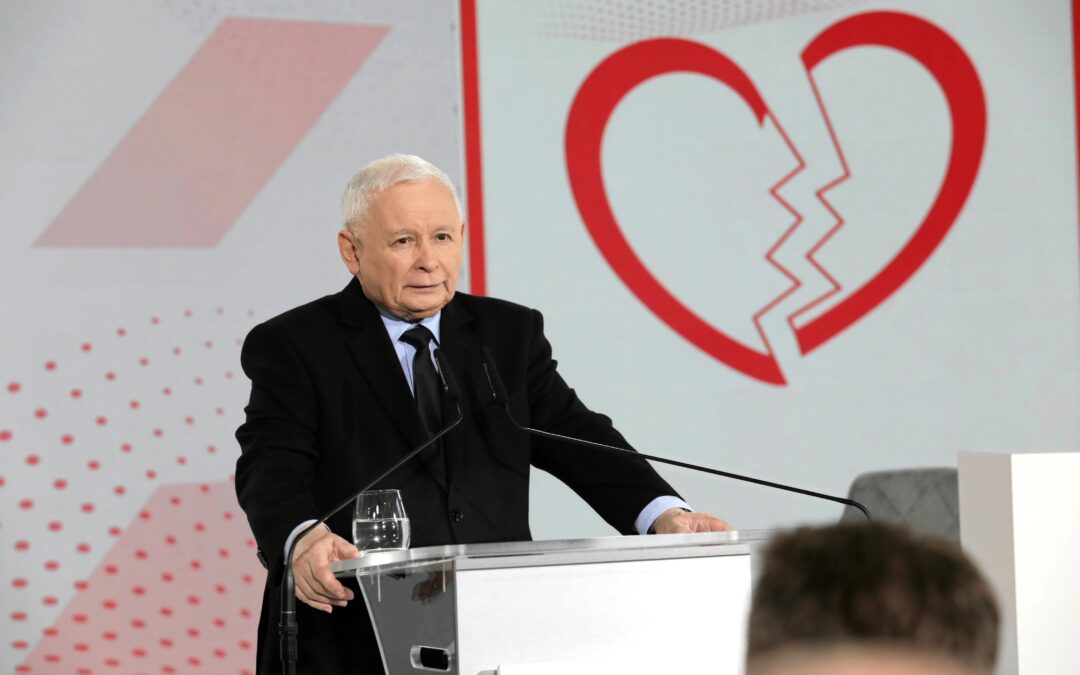There has been a “devastating” decline in religious practice among young people in Poland, says one of the country’s most senior church figures, Wojciech Polak, the archbishop of Gniezno and Primate of Poland.
He admits that the Catholic hierarchy’s failure to deal with sex abuse by clergy has been a primary cause, and has called for the church to continue the process of “purifying” itself.
However, Marek Jędraszewski, the archbishop of Kraków, has questioned his colleague’s interpretation, arguing that in fact the church has been a “victim” of the pandemic and young people’s growing use of technology.
Polak pointed to recently published data showing that less than 25% of young Poles now regularly practise religion. In the early 1990s, the figure was almost 70%.
“These are simply devastating numbers,” said Polak, in an interview with the Polish Press Agency (PAP). “A very strong re-evaluation is taking place in the young generation.”
Asked if the failure of the church hierarchy to deal with cases of abuse against minors had played a part in this, Polak confirmed that “undoubtedly the negligence of [church] superiors, who did not stand on the side of the wronged, undermines our credibility as a church community”.
In recent years a large number of cases of sexual abuse by Catholic clergy in Poland have come to light, and the Vatican has disciplined senior Polish bishops for their negligence in dealing with the issue.
Polak says that such revelations have “caused a deep crisis of faith” for many Catholics, leading some of them to abandon the church completely. The Catholic church’s statistical institute in Poland has observed that, as well as declining church attendance, a growing number of people are formally leaving the faith.
The only way to “rebuild the credibility of the church” is to show that “we stand in truth and we take responsibility for clearing up all these crimes”, Polak told PAP. “It is not an easy process of purification, but it is necessary so that we become ever more credible.”
The archbishop noted that this process was already underway. “Since June 2019, over a dozen proceedings have been conducted against Polish bishops,” he pointed out, adding that a special website had also been set up to advise people on how to report abuse and seek support.
“We also try to build this sensitivity through the prayers we undertake…and penance for the sins of sexual abuse of minors,” said Polak.
Polak’s diagnosis was, however, questioned by Jędraszewski. Speaking to Radio Kraków, the archbishop said that the pandemic and modern technology are in large part to blame.
Jędraszewski, known as an arch-conservative voice in the church, said that the closure of schools and switch to remote learning over much of the last two years has hindered young people’s “ability to communicate and normal development”.
He also noted that children are now much more likely to learn things from their smartphones than listen to their parents or grandparents, making it harder for the latter to “convey the values in which they grew up”.
“The church has become a victim of all that is happening,” said Jędraszewski. “The answers are not simple as the raw data could indicate.”
The church has faced a number of challenges in recent years in Poland, a country where around 90% of the population are still officially classified as Catholic.
A poll published in early 2020 showed that the Catholic church had suffered a greater decline in trust than any other major institution in Poland. Later the same year, another survey showed that only 9% of young people viewed the church positively.
At the time, the Catholic episcopate noted that there was a “systematic decline” in the number of children attending Catholic catechism classes in schools, which are optional but attended by most pupils. Since then, amid mass protests against a near-total abortion ban, the numbers attending such classes have fallen even further.
Meanwhile, surveys have shown Poles – especially the young – to have increasingly liberal views on issues such as abortion and LGBT rights that are at odds with the church’s position.
Main image credit: EpiskopatNews/Flickr (under CC BY-NC-SA 2.0)

Daniel Tilles is editor-in-chief of Notes from Poland. He has written on Polish affairs for a wide range of publications, including Foreign Policy, POLITICO Europe, EUobserver and Dziennik Gazeta Prawna.



















